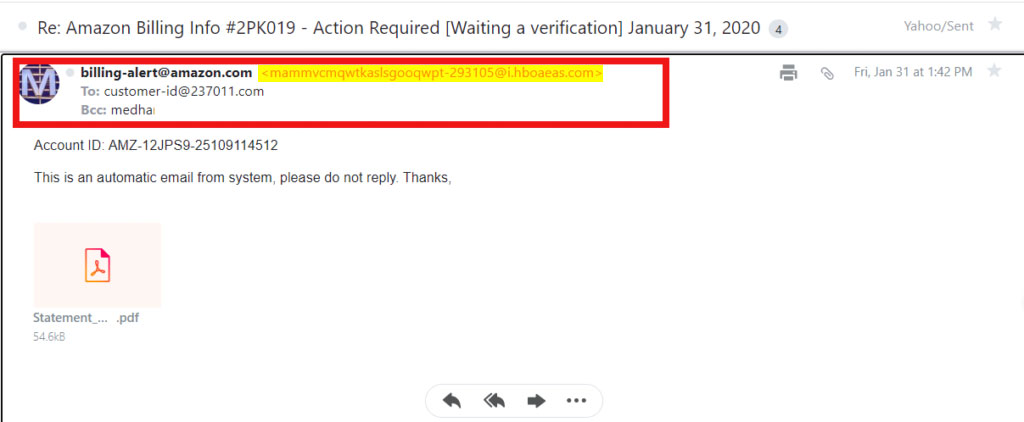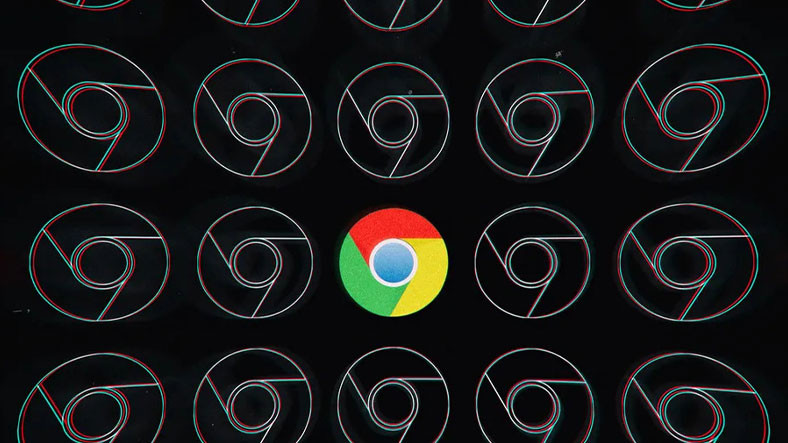As Turkey enters a new election period, ill-wishers are on the agenda as always. to their own ambitions continues to use. There are many websites masquerading as official institutions on the Internet.
But the only danger is not limited to fake websites. Appears to have been thrown on behalf of official institutions some emails also started filling up many people’s inboxes. The most concrete example of this was shared on social media.
Fake email sent on behalf of Supreme Election Board:

Twitter/@Sinem_Gorucu_
People who present themselves as the Supreme Election Commission,You must verify your voter registration‘ and contains a link. The email contained the following statements:
“To access your voter registration, select your correct address information in the form on the page. The result of the examination is then sent to your mobile phone.”
Beware of all such emails you may receive in the future, not just this one!
Finally, the malicious fake emails we encounter in this example with the links they contain can serve many purposes. Personal data of email recipients can be recorded, Credit card information can be stolen.
But it all starts with being redirected to another page through this link. Instead of embedding a website into these links, some people may embed malware directly. Returns the current browser the user is using all saved passwords and information can be transferred to the other party.
How do you know if emails are fake?

It’s actually quite easy to spot fake emails that end up in your inbox or spam folder. The most basic thing you need to do is pay attention to the address that sent the email. Here are some rules to keep in mind:
- All e-mails sent to individuals via e-Governmentturkey.gov.trextension.
- Likewise, all emails are sent on behalf of official institutions,.gov.trextension. This extension is located at the end of the email address. The “gov.tr” extension cannot be given to organizations other than official institutions.
- Many emails that spoof companies have slight variations in company names. (For example: turktelekom -> trktelekom)

- In e-mails from addresses that do not bear the name of a company or institution, the name of the sender may immediately appear as real e-mail addresses. What you need to check is not the name shown, is the email address itself.
Even in the days of the earthquake, we encountered scammers:
In this process, you should not only be suspicious of your emails, but also of all messages and calls sent to you by numbers you do not know.
Affordable exchange campaign for those who want to renew their Apple computer
















